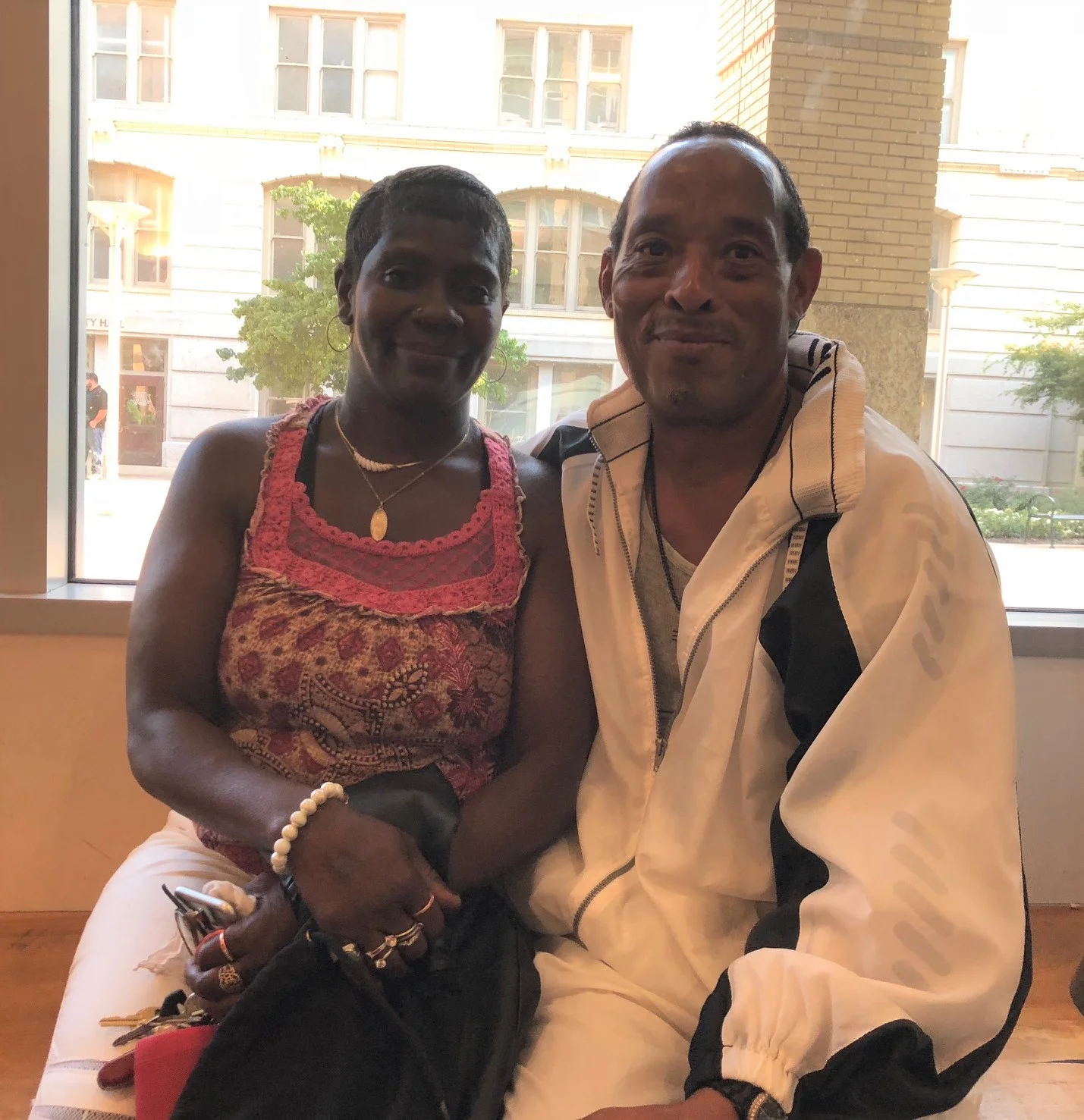Council gives Sacramento residents, women priority for work on City jobs
The City Council chambers was crowded during debate of local hire requirement
The Sacramento City Council Tuesday voted 7-2 to adopt a goal that contractors working on significant City public works projects hire at least half of their workers from the Sacramento region and specifically target women, ex-convicts and other underrepresented workers living in economically disadvantaged zip codes.
The new Community Workforce Training Program sets the goal that at least 50 percent of work by journeymen and apprentices on City projects over $1 million be done by Sacramento-area residents.
The agreement with building trades unions also says 20 percent of the apprentice hours on such jobs will be performed by people from high-poverty neighborhoods who also fall into another classification, such as being a veteran, prior offender, homeless, foster youth, welfare recipient or woman.
The provisions are similar to those adopted by cities and school districts throughout the state, including the Sacramento Municipal Utility District, and are modeled on the local hiring provisions used by Turner Construction when it built the new Golden 1 Center in downtown Sacramento.
Mayor Darrell Steinberg said the agreement would address systemic poverty in Sacramento.
"This kind of agreement is about raising the standards for working people and investing directly in our neighborhoods," he said.
City staff says the new requirements will likely apply to between 10 and 15 projects in the first 18 months, the first being the reconstruction of the Sacramento Convention Center and the Sacramento Community Theater.
A large crowd turned out at the City Council Tuesday to debate the issue. Those whose lives were transformed by their work on the Golden 1 Center and other construction projects offered their stories as evidence that a priority hiring program can lift people from poverty and benefit the local economy.
Steven Gallo said he grew up in a rough area where most of his friends didn't graduate from high school, and many wound up in jail. His brother was shot and killed. But as a member of the Plumbers and Pipefitters, Local 447, he took a different path.
"My union brothers helped lift me up, and being gainfully employed helped me pay for my brother's funeral," he said. "I had the privilege of working on the Golden 1 Center. One of the crown jewels of our city."
Some non-union contractors complained that they would be prevented from competing for city jobs under the new rules. because they would have to do most of their hiring through the unions' hiring halls. Supporters said there is nothing preventing the contractors' own employees registering with the union hall and getting hired on the public works jobs, however.
Daniel Cardozo, a union attorney, said the union programs turn out 90 percent of all the apprentices in the trades in Sacramento County, and nearly 100 percent of those who are minorities or women.
City Councilman Larry Carr said he backed the ordinance as a way to make sure people from his south Sacramento district can have opportunities for good-paying careers in construction. "When I go into my district, I tell them it's not just me, but every single person on the City Council is supportive of bringing up these communities that have been left behind," Carr said.
Councilmembers Jeff Harris and Allen Warren made a motion to delay the vote by a week so the council could spend more time examining what effect the new requirements would have on the cost of contracts, but the motion failed.
"If I thought a one-week extension would produce more substantive information, I'd be for it, but I don't think it will," Mayor Steinberg said. He cited a UC Berkeley study of community college construction projects that found no difference between those done under labor agreements and those without, and said the city would be protected from cost overruns by negotiating guaranteed maximum prices.
Other Councilmembers cited evidence that such agreements don't raise costs or stifle competition. Rick Jennings cited a letter sent by Stockton Mayor Michael Tubbs, whose city adopted similar requirements in 2016. "They've seen increased bidding and construction activity and they've been able to control costs," he said.
Other members focused on the public benefits the new rules could provide. "I think it's the right thing for us to do for our community," said Councilman Jay Schenirer.
"Our goal is local hires, apprenticeships and turning lives around," said Councilwoman Angelique Ashby.





